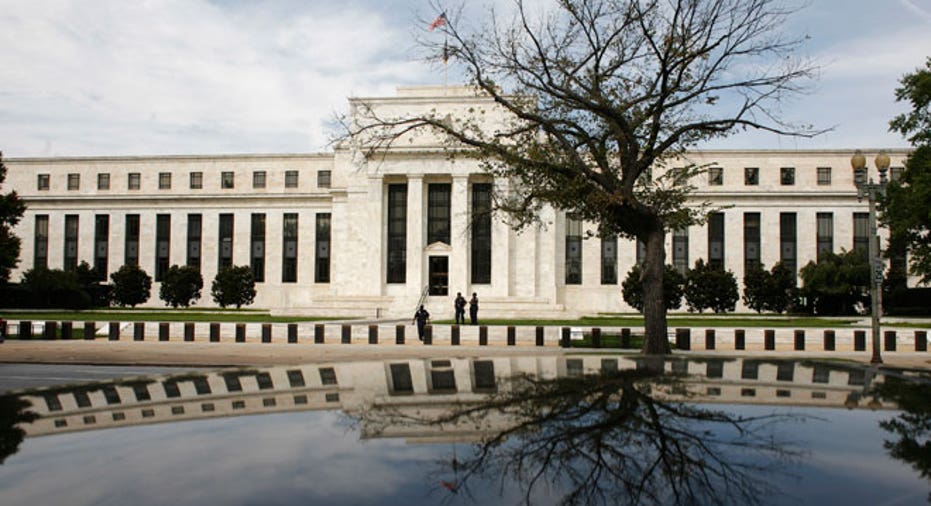Fed OKs Most Bank Capital Plans, Rejects Ally, BB&T

The Federal Reserve said on Thursday it had rejected plans by BB&T Corp and Ally Financial to return capital to shareholders, and is forcing Goldman Sachs and JPMorgan & Chase to improve the processes they use to determine their capital payouts.
The results are the second phase of the Fed's annual stress tests of the 18 largest U.S. banks, and show that the Fed is still closely scrutinizing banks' funding cushions nearly five years after the peak of the financial crisis.
The Fed said it approved the other 14 banks' plans for dividends and share repurchases, although American Express had to submit an adjusted capital plan after the Fed determined its first proposal would have eroded its capital position too much.
Goldman Sachs and JPMorgan received conditional approval for their capital payouts.
The Fed did not provide a breakdown of each bank's plans for dividends and repurchases. Later on Thursday, individual banks are likely to disclose those details themselves.
Thursday's results follow the Fed's release last week of the banks' capital strength without their planned capital distributions. The Fed said major U.S. banks overall had enough capital to withstand a severe economic downturn.
Ally Financial was the only bank last week that failed to meet the minimum hurdle of a 5 percent capital buffer in the Fed's "stress test" that assumed a spike in unemployment to 12.1 percent and a 50 percent drop in share prices.
The U.S. government owns a majority stake in Ally, the former General Motors lending arm, after a series of government bailouts.
The Fed said on Thursday that it rejected Ally's capital plan "both on quantitative and qualitative grounds."
While BB&T passed last week's test with a 9.4 percent capital buffer, one of the highest capital scores of the 18 banks, the Fed said its capital plan was rejected "based on a qualitative assessment".
The Fed did not immediately provide a further explanation.
For Goldman Sachs and JPMorgan, the Fed said it did not object to either of their capital plans.
However, the Fed said it found "weaknesses in its capital plan or capital planning process that were significant enough to require immediate attention, even though those weaknesses do not undermine the quantitative results of the stress tests."
It did not specify the weaknesses.
The Fed granted conditional approval to Goldman and JPMorgan and is forcing them immediately fix the problems and then resubmit a capital plan by the end of the third quarter of this year.
The Fed also said on Thursday that it had confirmed an error in Goldman's initial data submission. The Fed released a corrected version of the stress-test results, which showed lower projected capital ratios for Goldman.
The revisions and public rebuke could be an embarrassment for Goldman, whose stress-test results were already among the weakest of the 18 big banks.



















